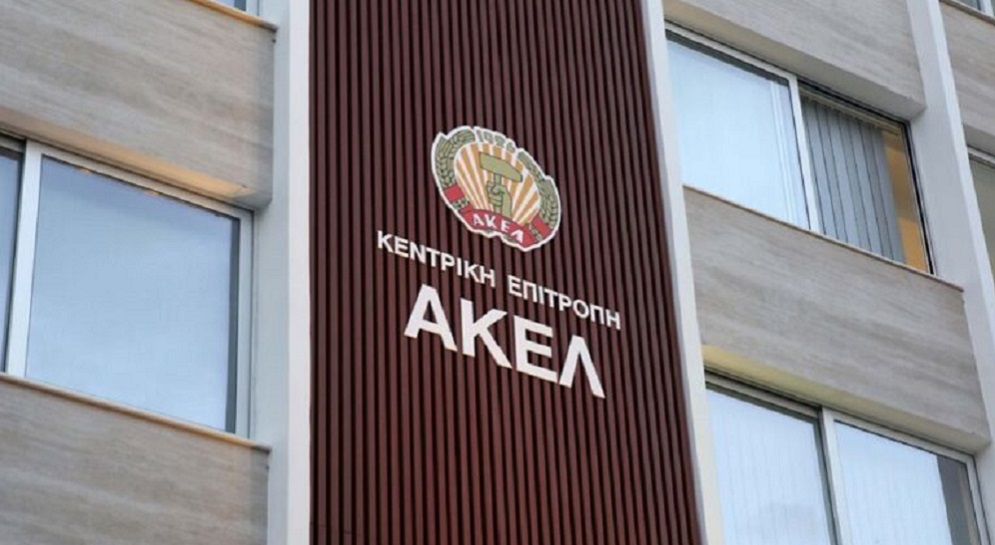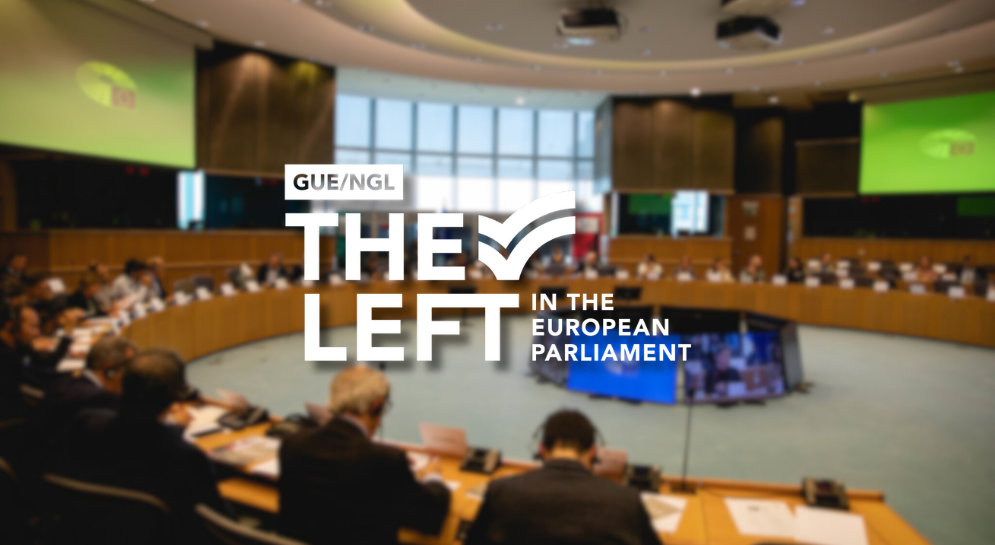
Price hikes don’t affect the government ruling forces…- Article by Eleni Mavrou, AKEL Political Bureau member
Sunday 21 August 2022, “Haravgi” newspaper
Price hikes and increases in basic goods and services is not only reflected in the anguish of people trying to get by every week, every month, but also in the chilling figures released by the Statistics Service.
Just a few days ago, the Statistics Service of Cyprus announced yet another increase by 10.5% in the July Consumer Price Index for July compared to July 2021. The increase for the period January – July 2022 reaches 7.7% compared to the same period last year. The increases in energy and transportation are staggering.
On the same day, the results of the 2021 Income and Living Conditions Survey were released, according to which 154,000 people (17.3% of the population) are at risk of poverty.
Meaningless for the government ruling forces, who not only don’t see a problem, but also want to convince us that compared to other European countries, we…are doing fine!
But it is not difficult to see, even for the government ruling forces (if they wanted to), that measures must be taken to support working people who have lost much of their purchasing power.
Instead, they invoke the past constantly and engage in distortions in an attempt to justify the DISY government’s persistence in rejecting any initiative aimed at relieving society from the ravages of price hikes.
Their reaction to the publication of the German government’s decision to reduce VAT from 19% to 7% by March 2024 is indicative of their reaction. Contrary to the arguments they are using, however, the decision confirms what AKEL has long been suggesting: that is to say, the European acquis itself and a number of EU decisions permit member states to implement policies to tackle the price hikes of essential goods and raw materials. And already a number of member states, apart from Germany, are implementing specific measures.
In Cyprus, the government stubbornly refuses to assert measures from the European Union to support the income of working people and small and medium-sized enterprises. And not only does it refuse to do so, but it is also blocking those measures that the majority in Parliament has approved. The decision of Nicos Anastasiades to refer to the Supreme Court the laws that reduce VAT on fuel and electricity is characteristic.
If they are not hiding behind the European acquis, they are embellishing the situation or citing the fiscal cost, while the state already has increased revenues of 690 million euros from the ongoing price increases (Statistical Office data for the period January – June 2022).
They even stubbornly refuse to discuss AKEL’s proposal to tax the excess profits of energy companies, referring the debate to…the beginning of 2023!
When it comes to measures that seek to provide relief to workers, households and vulnerable groups, the government finds and invents all kinds of excuses, legalisms and inaccuracies to avoid taking them. When it comes to banks and big business, they find solutions and ways immediately.




